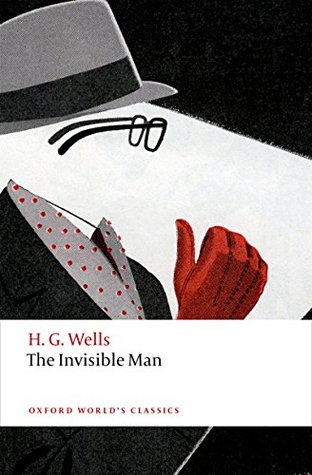Sick of confronting a sense of personal, professional, and social impotence, Griffin is driven, in his dream of making himself invisible, by what Friedrich Nietzsche, exactly a decade before the publication of The Invisible Man, identified as ressentiment — the vindictively resentful attitude fostered in the individual as a result of the negation of the self that, as opposed to the ‘noble morality’ of ‘the masters’, is characteristic of ‘slave morality’.
Welcome back. Just a moment while we sign you in to your Goodreads account.


